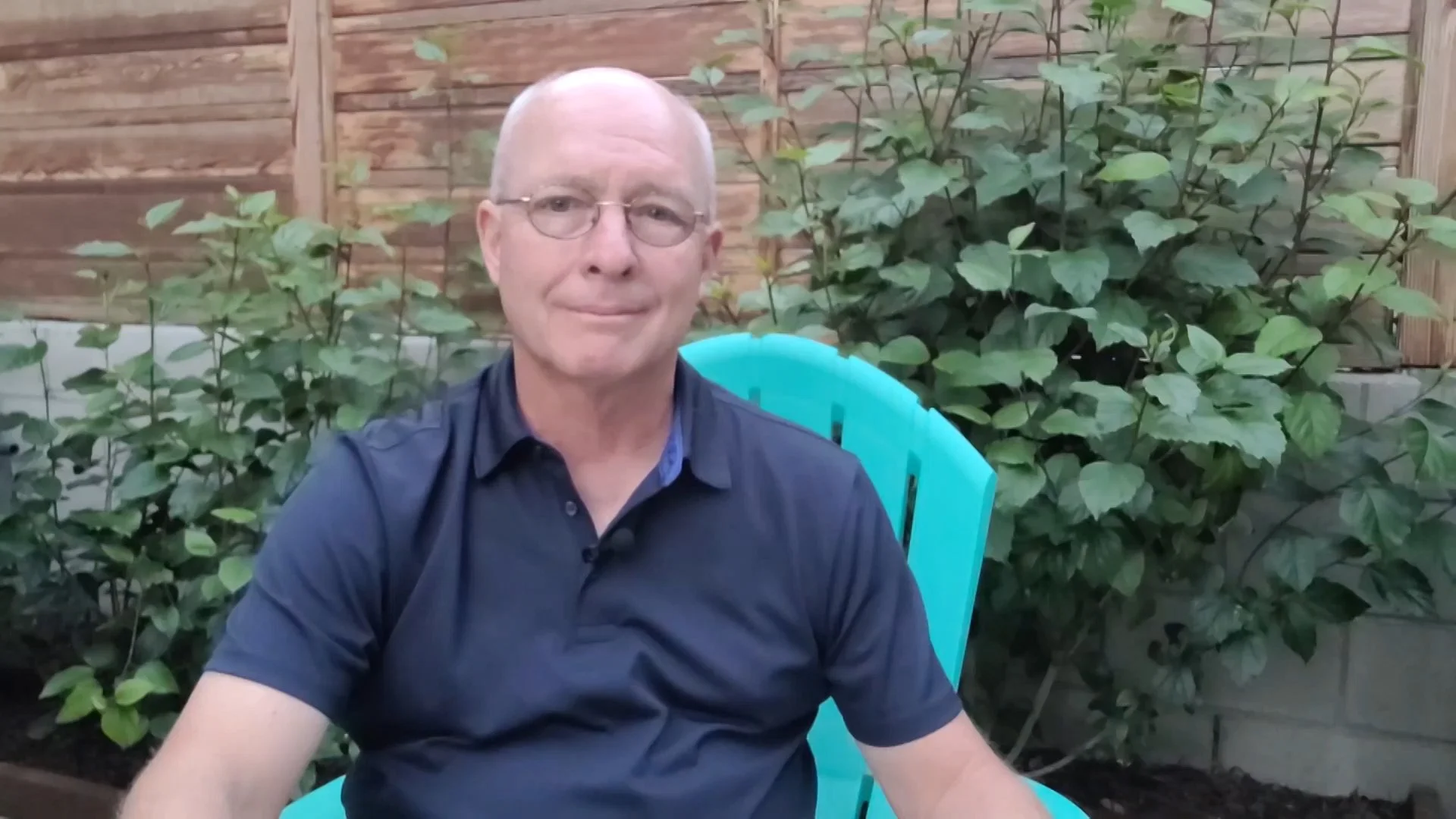John 13 is a dense narrative, but part of it reveals Peter struggling to understand. He had trouble comprehending why Jesus wanted to wash his feet. Then, he was confused about which of the Twelve would become the Lord’s betrayer. And in verses 36-38, the chapter concludes with an account of what may have been his most significant dilemma.
Jesus had just finished reminding his disciples he would soon be leaving them. And although he’d previously said, more than once, he’d be returning to the Father, Peter responded by asking where he was going. It seems like Peter was suffering from a case of selective listening, that condition that affects so many of us and causes us to hear only what we want to hear. It’s as though he just didn’t want to deal with the Lord’s departure, so he blocked it out until the imminence of it suddenly broke through, and his thoughts were trying to catch up.
Jesus answered him by restating what Peter had already twice heard him say to the religious leaders (John 7:34; 8:21). He’d told them he was going somewhere he couldn’t be followed. But this time, in his direct response to Peter, he added the word now. In stark contrast to what he’d said to the Scribes and Pharisees, the addition of that one word unveiled a spectacular promise. He told Peter that although he couldn’t follow him now, he would later.
And the significance of that statement is beyond profound, it’s life-altering. When the moment arrives that, by faith, we accept the truth that his cross, resurrection, and ascension open the way for us to step across the sin-divide and be with Jesus eternally, everything about our lives on this side of that threshold changes. We begin to enjoy a seamless daily relationship with him no longer throttled by the limits of time. Forever has already begun.
But based on his follow-up question, it’s doubtful Peter understood all that. He just wanted to know why he couldn’t come now. And he claimed he should be allowed to because he was willing to lay his life down for the Lord. So, when Jesus questioned that commitment and announced that before the night was over he would fail to live up to it, it must have devastated Peter.
But as hard as those words would have been to hear, I believe they were an expression of grace. Perhaps more than any other prior exchange he’d had with Jesus, this could have been the one that marked the trail for him back from that terrible night when he denied knowing the Lord three times.
In the aftermath, he would have finally begun to understand. The promise that one day he would follow Jesus into the precincts of heaven was made with the Lord’s foreknowledge of his pending failure. And it wasn’t qualified with an if-you-don’t clause. It was given as an even-after-you-do covenant. And as the fog of his failure was clearing, he would have also realized his eternal destiny could never be based on his willingness to lay his life down for Jesus. It could only be secured because Jesus was willing to lay his life down for him.


